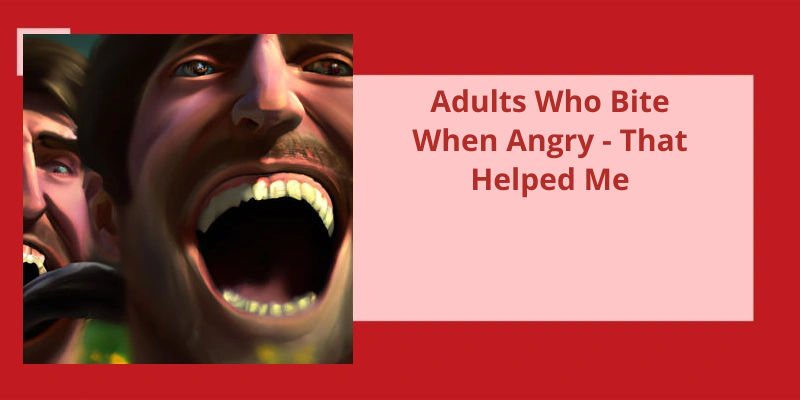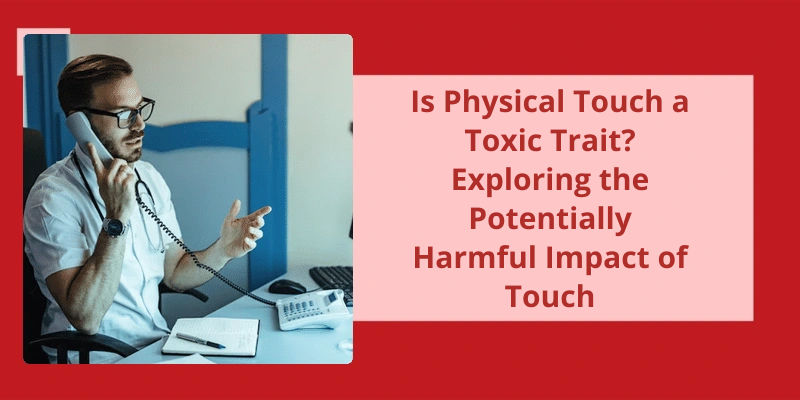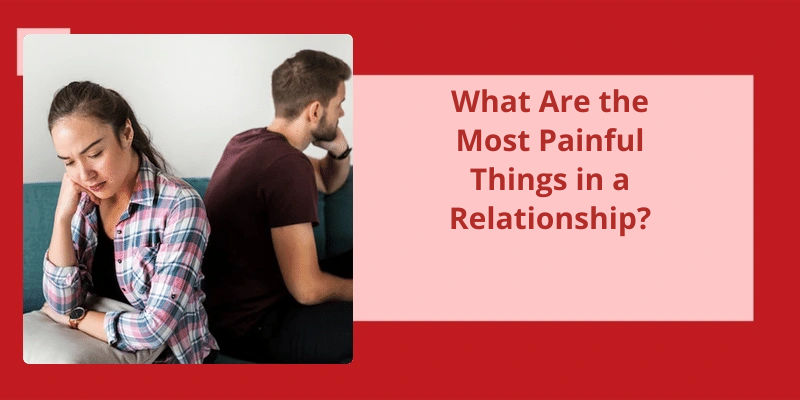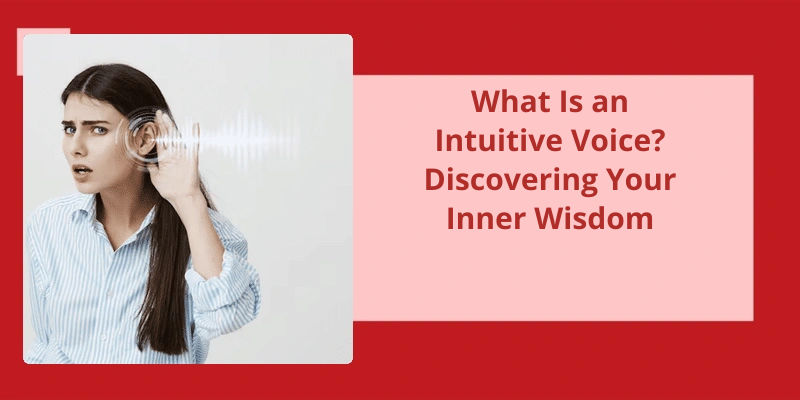Additionally, compatibility issues and a lack of shared values or interests can also contribute to the quick fading of emotions. In some cases, unresolved past traumas or emotional baggage can interfere with one's ability to develop and maintain deep emotional connections. Furthermore, external factors such as stress, outside influences, or a busy lifestyle can sometimes distract individuals from nurturing their emotional bond, leading to a gradual loss of feelings. It’s important to recognize that the dynamics of fading emotions can be complex and vary from person to person. Exploring and understanding these dynamics can provide insight into one's own emotional patterns and help navigate future relationships more effectively.
Is It Normal to Lose Feelings Suddenly?
Sometimes, emotions are unpredictable and can shift rapidly without a clear explanation. It can be confusing and even discouraging when you find yourself losing feelings for someone so quickly. You may question if there’s something wrong with you or if you’re somehow emotionally unstable. Rest assured, these doubts and concerns are quite common.
Feelings are complex and can be influenced by various factors, both internal and external. It’s important to remember that human emotions aren’t always logical or rational. They don’t abide by a set timeline or follow a strict pattern. Just as we can fall in love unexpectedly, we can also fall out of it just as abruptly.
Furthermore, it’s crucial to differentiate between infatuation and genuine emotional connection. Infatuation often stems from novelty and initial excitement, which can fade as we become more familiar with someone. It’s normal for these intense emotions to diminish over time. However, if you find yourself consistently losing feelings rapidly in all your relationships, it might be helpful to reflect on patterns or potential underlying factors that contribute to this.
In addition, external circumstances and personal growth can heavily impact our emotional dynamics. Life changes, such as career transitions or personal development, can lead to shifts in priorities and values, which in turn influence our feelings towards others. It’s crucial to acknowledge that these changes are a natural part of life and personal growth.
Ultimately, it’s essential to be gentle with yourself when you begin to lose feelings for someone unexpectedly. Emotions aren’t something we can control entirely, and it’s perfectly normal for them to fluctuate. It’s important to prioritize self-reflection and communication with our partners, ensuring that our emotions are understood and addressed in an open and empathetic manner.
Exploring Patterns of Rapidly Losing Feelings in Relationships
Exploring patterns of rapidly losing feelings in relationships involves examining the dynamics behind the phenomenon of fading emotions. It seeks to understand why individuals may experience a sudden decline in their emotional connection with a partner over time.
Several factors may contribute to the swift fading of feelings in relationships. These can include a lack of emotional compatibility or shared values, unresolved conflicts or communication issues, a loss of attraction or excitement, or simply growing apart over time.
Investigating these patterns can help individuals gain insight into their own experiences and develop strategies for navigating the complexities of relationships. It’s important to remember that every relationship is unique, and individuals may have their own reasons for experiencing a rapid decline in their feelings.
Building and maintaining emotional connections in a relationship is paramount for it’s longevity and happiness. However, sometimes individuals may find themselves suddenly losing their feelings, leaving them bewildered and questioning what went wrong. While there can be various factors at play, such as lack of appreciation, priority, compatibility, or complacency, the key lies in recognizing the importance of continuous effort and mutual happiness. By addressing these issues head-on, couples can navigate the challenges and work towards rekindling their emotional connection.
Why Did I Suddenly Lose My Feelings?
Losing feelings suddenly can be a distressing experience, leaving one questioning the dynamics of their emotions. There are various factors that can contribute to this phenomenon, and it’s crucial to delve into them for a better understanding. One common cause is a lack of appreciation from a partner or the feeling of not being a priority in their life. When someone feels undervalued or neglected, their emotions can slowly fade away, leading to detachment.
Compatibility also plays a significant role in the longevity of emotions within a relationship. When two individuals aren’t compatible enough, their connection may struggle to withstand the test of time. Incompatibilities in values, interests, or life goals can gradually erode the emotional bond, resulting in the loss of feelings. It’s vital to recognize and address these incompatibilities early on to prevent emotional disconnect.
Furthermore, the danger of stagnancy shouldn’t be underestimated. Relationships require constant effort and growth to thrive. When partners become complacent and stop investing in the relationship, a sense of monotony can take over, and emotions can begin to fade. It’s essential for both individuals to consciously prioritize nurturing the relationship and actively seek ways to keep each other happy and fulfilled.
Communication, or the lack thereof, is another factor that can contribute to the disappearance of emotions. Ineffective communication can create misunderstandings, resentment, and distance between partners. When emotions aren’t expressed and acknowledged, they may gradually dissipate, leaving both individuals feeling disconnected. Open and honest communication is vital for maintaining emotional closeness and preventing the loss of feelings.
Lastly, external factors such as stress, life changes, or personal growth can also impact emotions within a relationship. Lifes challenges can consume energy and focus, leaving little room for nurturing emotional connections. If one or both partners are undergoing significant changes, such as career transitions or self-discovery journeys, their evolving priorities and personal growth may alter their outlook on the relationship, leading to the fading of emotions.
Understanding your attachment style is crucial in understanding why you may lose interest in people as soon as they show interest in you. Whether it’s anxious, avoidant, or disorganized attachment, these patterns often stem from childhood experiences and can have lasting effects on your adult relationships. Let’s delve deeper into each attachment style and explore how they impact your romantic connections.
Why Do I Lose Interest in People as Soon as They Like Me?
Why do I lose interest in people as soon as they like me? This puzzling phenomenon could potentially be linked to your attachment style, which is deeply ingrained and rooted in your childhood experiences. Attachment styles, such as anxious, avoidant, and disorganized, play a significant role in how you form and maintain relationships as an adult.
Anxious attachment style individuals typically crave intense closeness and reassurance but may also fear rejection or abandonment. When someone reciprocates their romantic interest, it can trigger feelings of vulnerability and anxiety, causing them to retreat emotionally. This behavior is often unconscious and stems from a fear of getting hurt or rejected in the long run.
On the other hand, individuals with an avoidant attachment style are more likely to pull away once someone expresses interest in them. They typically value independence and may become overwhelmed by the perceived loss of personal space and freedom that comes with a relationship. Fearing the loss of their autonomy, they might unconsciously create distance to maintain a sense of control, inadvertently sabotaging potential connections.
For those with a disorganized attachment style, previous experiences of trauma or instability in childhood can lead to inconsistent and unpredictable attachment behaviors. This inconsistency often results in a struggle to navigate emotional intimacy, leading to the tendency to lose interest in people who reciprocate their affections.
It’s essential to remember that attachment styles aren’t fixed or immutable patterns, and individuals can still develop secure attachment over time. Understanding your attachment style can be a valuable tool in recognizing and addressing any patterns that may hinder your ability to build healthy, lasting connections with others. Speaking with a therapist or counselor specialized in attachment theory can offer guidance and support in exploring these dynamics to foster more fulfilling relationships.
Source: Why do I lose interest in a guy when he likes me back? …
However, there could be various underlying reasons behind losing interest in relationships, and understanding these factors is crucial for personal growth and building healthier connections with others.
Why Do I Lose Interest in Relationships So Quickly?
Are you wondering why you seem to lose interest in relationships so quickly? It’s not uncommon for some individuals to experience this phenomenon. One possible explanation could be that you thrive on the excitement of getting to know someone new. The initial thrill of discovering their interests, quirks, and shared experiences adds a spark to your romantic connections. However, once this thrill begins to fade and you become comfortable with your partner, you may find yourself losing interest romantically.
Fear of commitment could also play a significant role in your tendency to lose feelings swiftly. The thought of committing to spend the rest of your life with someone may frighten you. It’s natural to feel apprehensive about such a serious commitment. The fear of being trapped in a long-term relationship can subconsciously cause you to lose interest in a partner once the relationship starts to progress beyond the initial stages.
Another possibility is that you’ve certain expectations or ideals that arent being fulfilled in your relationships. Perhaps you idealize the idea of a perfect partner or an ideal relationship. When you don’t see these expectations being met, you may grow disinterested and seek out new connections in the hopes of finding a better match. It’s essential to differentiate between realistic expectations and unrealistic fantasies to avoid this pattern of losing interest quickly.
Additionally, personal growth and self-discovery may contribute to your changing feelings. As you continue to grow and evolve as an individual, your desires, interests, and priorities may shift. These changes can impact your romantic relationships, leading you to lose interest in someone who no longer aligns with your newfound self-awareness.
Lastly, it’s important to consider that everyone experiences different emotions and connections at their own pace. For some individuals, feelings may fade more quickly due to personal disinterest or changing circumstances. Remember that it’s okay to acknowledge and embrace your own emotional journey, whether that means moving on from a relationship or exploring new connections.
When it comes to the timeline for losing feelings, there are various factors at play. Next, we will delve into the dynamics of these factors and explore different scenarios that could influence the speed at which someone might move on from their emotions.
How Fast Can Someone Lose Feelings for You?
How fast can someone lose feelings for you? There’s no set-in-stone rule for this. You can lose your feelings in a few weeks or take years to let go of those emotions. It all depends on various factors, including the depth of your love for that person, how you navigate through the healing process, and how well you take care of your own needs in the present moment.
When you deeply love someone, it can be challenging to let go of those feelings quickly. The intensity of your emotions can make it harder to move on and detach yourself from that person. It takes time to process the loss and adjust to life without them. This can be a gradual and sometimes painful journey that involves self-reflection, acceptance, and growth.
The speed at which you lose feelings also depends on the actions you take to facilitate the healing process. Cutting all ties with the person you once loved can significantly accelerate the emotional detachment. This includes avoiding contact, unfollowing them on social media, and removing reminders of them from your environment.
Furthermore, the ability to let go of feelings quickly can be influenced by how well you take care of your own needs during this time. Self-care, seeking support from loved ones, and engaging in activities that bring you joy and fulfillment all contribute to your ability to heal and move forward. By prioritizing your well-being, you create space for new experiences and emotions to enter your life.
It’s important to remember that everyone heals and lets go at their own pace. Comparing your experience to others or feeling pressured to move on quickly can be counterproductive. Give yourself permission to feel, process, and heal in your own time. With patience, self-compassion, and healthy coping strategies, you can navigate the dynamics of fading emotions and eventually find a place of peace and contentment.
Conclusion
In addition, unresolved conflicts and disagreements can chip away at the foundation of a relationship, causing emotions to diminish over time. Furthermore, unrealistic expectations and a lack of personal fulfillment can lead to a loss of attraction and interest. It’s also important to consider individual differences and compatibility; sometimes, two people just may not be a good match for each other. Ultimately, maintaining a healthy and fulfilling relationship requires effort, understanding, and effective communication. By addressing these factors and actively working on strengthening the bond, it’s possible to nurture and sustain feelings in a relationship for the long term.






